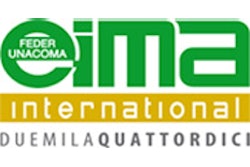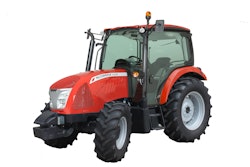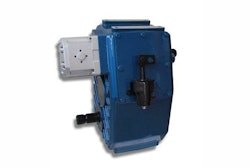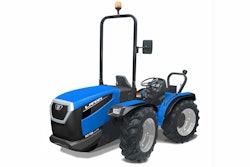On the world scenario Italian agricultural mechanization appears as a paradox: high production volumes and exports and a domestic market in deep crisis. Turnover and exports are in growth with gains expected to come to plus 1% and 2%, respectively for all machinery and equipment. Instead the trend on the domestic market over the first 10 months of the year points to a 1.7% drop for tractors with 16,127 units registered, and a plunge of 25% for combine harvesters with 314 units moved along with a negative balance for transporters, off 2.5% at 810 units, and trailers down 2.4% at 8,369 units moved to confirm the ongoing recession trend of recent years.
The historical series of registrations – presented in Bologna at a press conference ahead of the opening of the 41st edition of EIMA International 2014 – unveil considerable declines in sales. In 2004, the domestic market took up 33,000 tractors and the number has steadily declined, especially in the years 2007, down 9.8%, 2010, off by 13.9%, and 2012 falling 17.4%. Estimated tractor sales by the end of 2014 are at no more than 18,700 units to fall to a record low for the entire post-war period. This overall drop of 43% in the Italian domestic market accentuates the gap with the other major European countries, France and Germany especially. Within this critical framework a good performance can be reported for the garden and grounds keeping sector displaying a positive index with growth coming over the first nine months of the year which came to 11%, due to a positive performance on lawn mowers and lawn tractors.
The president of the Italian Federation of Agricultural Machinery Manufacturers, Massimo Goldoni declared, “The reasons for this plunge in machinery demand can be found in the numbers in Italian farming itself in which, as known, the average cropland area has been reduced and the economic scale of farming has declined if it is true that 61% of farmers, slightly fewer than one million of them, report standard production at € 8,000 per year. This figure means great difficulties for survival without addition[al] income coming from outside the farm or pension transfers and for investments in the purchase of machinery.”
Goldoni says, “It is now more necessary than ever before to field specific emergency strategies for the primary sector aimed at sustaining multifunctional farming and thus broadening income opportunities, at access to financing with long term strategies and securing production chain outlets to the market led by bioenergy.”


















